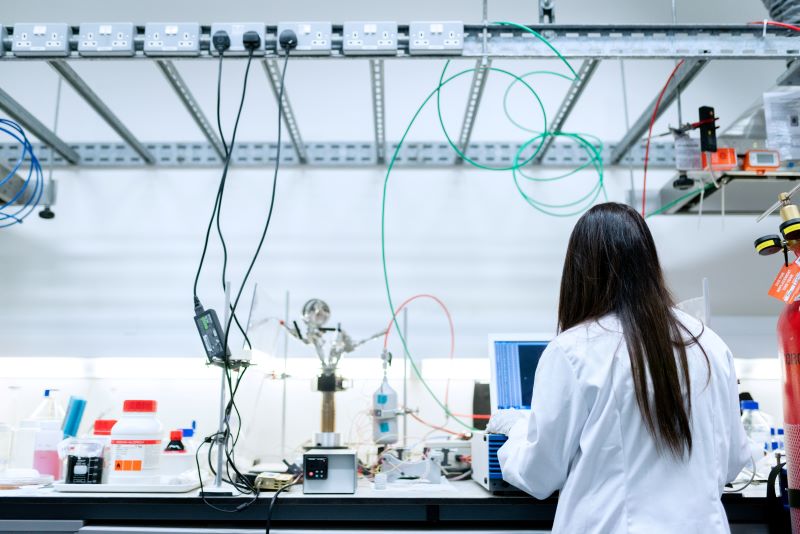
The road to commercialising groundbreaking technology coming out of universities can often be a long, arduous one. Take lithium-ion batteries. The origins of the rechargeable battery technology originated from university research in the 1980s. It has taken more than 30 years for that technology to find commercial use in electric cars.
Martin Carroll, a UK-based independent management consultant, is trying to make that commercialisation journey shorter, at least in the materials science sector, by connecting corporate partners with six UK universities: Bristol, Cambridge, Oxford, Manchester, Imperial College London and University College London. These institutions collectively have annual research budgets of more than £2bn.

Carroll has launched an initiative called Matcelerate Zero, which will see five corporate partners work together with these six universities to develop carbon-reducing technologies in hard-to-abate sectors such as chemicals, transport and the built environment. The programme, which gives corporate partners licensing rights to the technologies, is backed by the Henry Royce Institute, a UK research centre for advanced materials.
This kind of university-industry licensing model has been tested in the pharmaceutical sector. Apollo Therapeutics, a biopharmaceutical company, was set up in 2016 to get three universities: the University of Cambridge, Imperial College London and Kings College London, to work jointly with corporate partners including AstraZeneca, GSK and Johnson and Johnson Innovation – JJDC. Five years later Apollo Therapeutics had created more than 15 programmes working on drugs for cancer, inflammatory disorders and rare diseases.
Alternative to spinout route
The same model should, in theory, work for the materials science sector which, like pharmaceuticals, can take a long time to get new discoveries into the market. As a result, a lot of valuable university research is sitting on the shelf in technology transfer offices because it takes too long and too much money to bring it to market, says Carroll.
“If we wind the clock back seven years, and looked at materials technology spinouts, you will see that they often had to be spun out because there was no other route readily available,” he says. “But, arguably, they shouldn’t have been spinouts because it often takes a long time and a lot of effort and investment to build the team, develop and prove technology sufficiently, find customers and build the business.”
One way to fast track the commercialisation of these technologies would be to make them more visible to corporations, says Carroll.
“The bulk of university research is publicly funded and breakthroughs don’t get seen by industry,” he says. “Corporates aren’t directing it; it is getting directed by academia. Outside of the spinout route, the only way industry finds out about is if it is brought to the technology transfer office. Each TTO then has to find the right corporate partner to evaluate it, with a view to licensing, which it can rarely do effectively at such an early stage.”
Breakthroughs don’t get seen by industry.
Martin Carroll, lead, Matcelerate Zero
Matcelerate Zero is attempting to provide a new route to finding an industry partner and de-risking new technology.
Participating corporates are asked to put £1m, spread over three years, into a project finance fund, along with expertise to support the work required to prove technologies can be integrated and scaled-up for the next stage of development.
Licensing model
Corporate partners that invest in the fund receive first right of refusal on licensing the intellectual property. If a corporate decides it does not want to license the technology and the university technology transfer office finds another industry partner, the corporate still receives a share of the license revenue.
Under the terms of the partnership, 50% of the license revenue is shared among the corporate partners that contribute to the project finance fund. The percentage of revenue each corporate receives is proportional to its fund investment.
Carroll has two undisclosed corporates that want to sign up to the partnership and is seeking three more.
He is keen to emphasise that the Matcelerate Zero initiative is not about gaining equity in technologies. “It is about getting key technologies used, licensing and impact,” he says.
